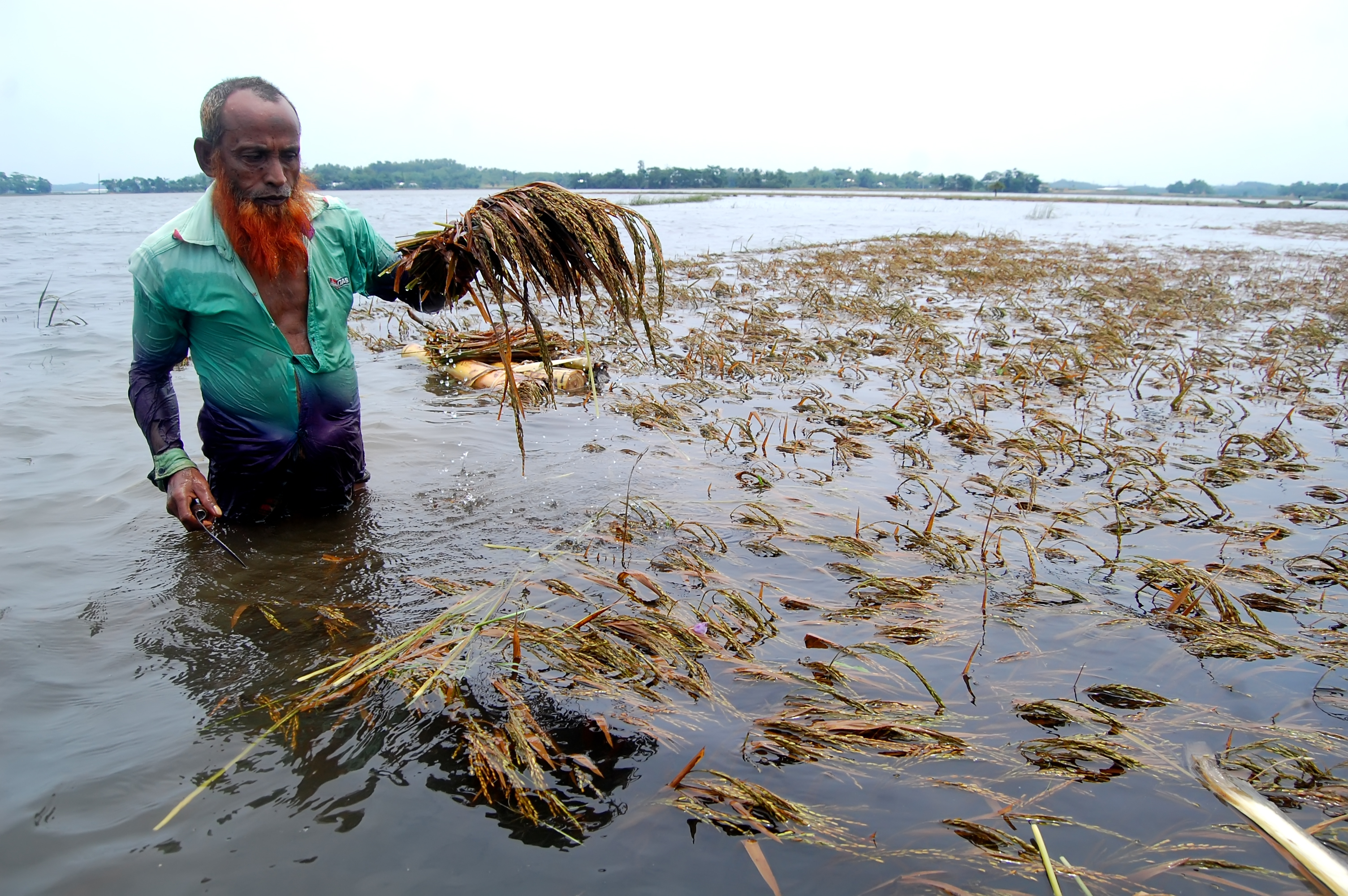The project aims to improve cyclone and flood early warning and preparedness to enhance livelihood security in vulnerable communities of Bangladesh. Strengthening household capacity for cyclone and flood preparedness is one of the program‚strategies of‚Nobo Jibon, a five-year food security program, jointly funded by USAID and the Government of Bangladesh, that seeks to reduce food insecurity and vulnerability to natural disasters in eleven upazillas of the Barisal Division. Save the Children manages the program in close partnership with other organizations.
Objectives:
- Develop Bangladesh Meteorological Department (BMD) capacity to forecast, up to 7 days in advance, cyclone formation, track, and landfall, including associated surge and rainfall, with a 9km resolution
- Enhance BMD capacity in forecasting coastal inundation from surge and heavy rainfall that are associated with cyclones
- Demonstrate the use of these experimental forecasts in reducing disaster risks in Barisal Division in southern Bangladesh
Activities:
- Concurrent monitoring of depressions, cyclone formation and tracking
- Pre-impact assessment tool development and capacity building
- Pilot application of technology
Expected Outcomes and Performance Measures:
Technology development.
- Continuous monitoring of depressions and cyclone formation at the Bay of Bengal, including other severe weather events
- Customization of the Weather Research and Forecasting (WRF) meso-scale model, combining risk thresholds and user requirements Establishment at BMD of 9km x 9km resolution cyclone tracking system using WRF model
- Enhancement of storm surge forecasting using Japan Meteorological Agency‚Medium Range Forecast (JMA-MRF) model
- Development of coastal inundation model that integrates GIS layers and storm surge model outputs
- Development of risk-based decision-support system (DSS) for potential impact assessment Demonstration of technology application.
- Demonstrations in 5 coastal unions for the application of risk-based warning information in decision-making
Technology transfer and capacity building. Models are transferred to BMD and FFWC Number of BMD and the Flood Forecasting and Warning Center (FFWC) staff trained on the use of models developed under the project Number of National and local level institutions, including CPP volunteers and local NGOs, trained to translate forecast information into impact outlooks and menu of response options Number of Save the Children staff and partner NGO, farmers, and Upazila Disaster Management Committee members trained on forecast products for weather, cyclone, storm surge, and coastal inundation, agro-meteorological forecast products, DSS tool, and their application in planning and decision-making, including data archiving and GIS-based risk mapping. Establishment of model EOC at union level External Connections: Nobo Jibon is a five-year food security program, jointly funded by USAID and the Government of Bangladesh, which seeks to reduce food insecurity and vulnerability to natural disasters in eleven upazillas of the Barisal Division. Save the Children manages the program in close partnership with: RIMES, Helen Keller International, WorldFish Cen-ter, and International Development Enterprises, and local implementing partners SpeedTrust, Gono Unnayan Prochesta, Community Development Center, and South Asia Partnership Bangladesh. Project Partners/Beneficiaries: Bangladesh Meteorological Department (BMD) Flood Forecasting and Warning Center (FFWC) Upazila Disaster Management Committee Save the Children and partner NGOs Farmers
